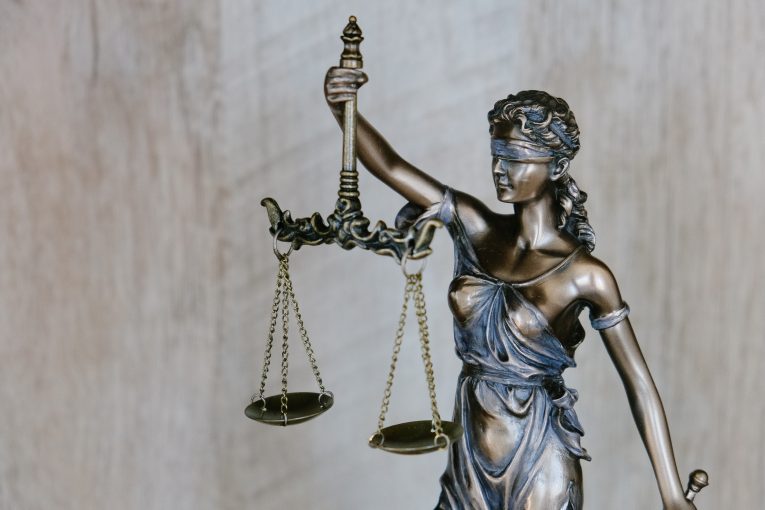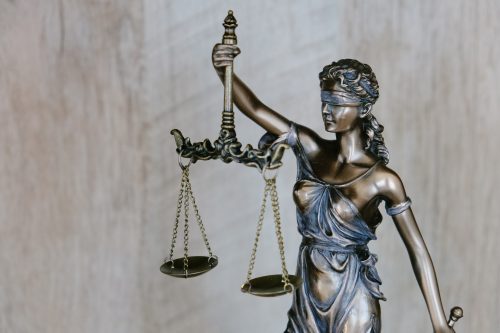

By Vy Tran
WASHINGTON, D.C. — The Criminal Justice Section from the American Bar Association (ABA) earlier this month announced the launch of a Task Force of Prosecutorial Independence, in light of recent actions against prosecutorial discretion.
This task force, according to the ABA, seeks to maintain the “integrity of the criminal justice system,” and keep this prosecutorial jurisdiction within the hands of voters rather than other positions of power.
“The launch of this task force comes at an essential time, when elected prosecutors across the country are under attack simply for making decisions that are supported by their communities and in the interest of public safety,” said Miriam Krinsky, former federal attorney and Fair and Just Prosecution executive director.
“It is an honor to serve on this task force and fight for the protection of prosecutorial independence in the American legal system and the democratic prerogative of local communities who elect prosecutors to promote their vision for public safety and justice,” Krinsky added.
The task force is equipped with a diverse group of prosecutors, defenders, legal scholars and others with expertise in the criminal justice system from across the country and across the political spectrum, reported Sara Alpert Lawson of Zuckerman Spaeder LLP. An advisory board of national leaders will also be included to protect prosecutorial discretion.
Prior to the announcement, Fair and Justice Prosecution noted legislative infringement on this prosecutorial independence on top of frequent prosecutor dismissals based on weak justifications.
“We should be investing in building trust in the criminal legal system,” said former U.S. Attorney for the Middle District of Florida Lee Bentley. “Taking away people’s electoral power and ability to influence local matters will only fracture faith in our institutions and leave our communities less safe.”
According to Fair and Just Prosecution’s database, since 2021, 14 states introduced at least 23 bills, and passed at least six bills, to limit the discretion of local prosecutors, give other officials the authority to override the decisions of local prosecutors, or create mechanisms for removing local prosecutors from office.
One such drastic example, the group said, was August of 2022, when Florida Gov. Ron DeSantis suspended Andrew Warren, Tampa’s twice-elected state attorney, from office, citing mainly reasons of opposing the “use of prosecutorial resources to criminalize the provision of abortion or gender-affirming healthcare.”
DeSantis then appointed an interim state attorney staunchly opposed to the reform principles on which Warren had been elected, effectively nullifying the choice of Tampa voters, according to N.Y. Times.
Prosecutorial independence has existed long before the United States was established in the 17th century, according to the American Criminal Law Review, which noted the modern conception of the district attorney first began to take hold during the 1830s, amid a “broader movement to combat patronage appointments by making more public offices subject to elections.”
Throughout the 20th century, the courts broadened and deepened the scope of prosecutors’ discretion, consistently asserting that the people, rather than judges, were best positioned to address prosecutorial overreach. That is why case titles often begin with “The People” in referring to the prosecuting representative.
According to Rebecca Blair and Krinsky, since the last decade in the 21st century, a wave of district attorneys (“DAs”) have been elected on platforms centered on the need to reform the criminal legal system by common threads, to “prioritize prosecuting the most serious cases while diverting or deflecting other conduct—which is often the manifestation of mental health or substance use challenges—away from the criminal legal system.”
Blair and Krinsky established an argument these recent infringements on this discretional right is a “direct attack on democracy.”
Today, nearly 70 “reform-minded prosecutors” are serving in elected offices across the country, cumulatively representing almost twenty percent of Americans, reported Blair and Krinsky.
The American Criminal Law Review has also noted communities have continued to embrace the prosecutorial reform movement, encouraging reformers to replace traditional “tough-on-crime” prosecutors.
The American Criminal Law stated prosecutors “aim to understand systemic injustices, reduce racial bias, prioritize the use of taxpayer dollars to address the most serious crimes, make sentencing recommendations that consider the unique circumstances of each case and the individual’s capacity for rehabilitation, hold police accountable for misconduct, and rectify unjust convictions and excessive sentences.”
Overall, these reported bills (tracked by Fair and Just Prosecution) have contained provisions barring local prosecutors from declining to charge specific categories of offenses.
“Reform-minded prosecutors have also faced efforts by governors, attorneys general, and judges to limit their authority or remove them from office,” Blair and Krinsky wrote, adding there is a “value of reform policies in enhancing public safety, ensuring equitable and consistent charging decisions, and fostering meaningful community oversight of local prosecutorial practices.”
With the implementation of the Task Force of Prosecutorial Independence, these pushbacks can potentially be stopped, the authors said.